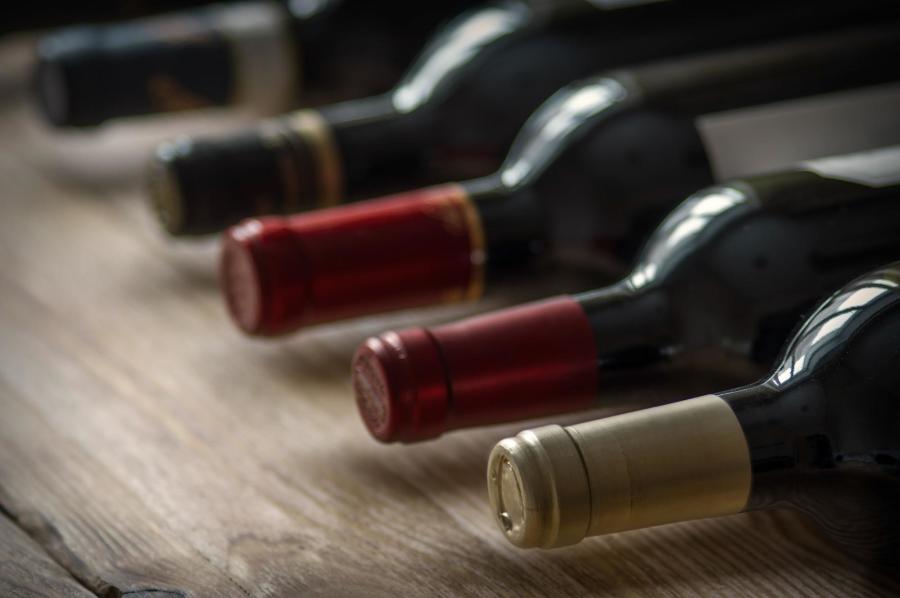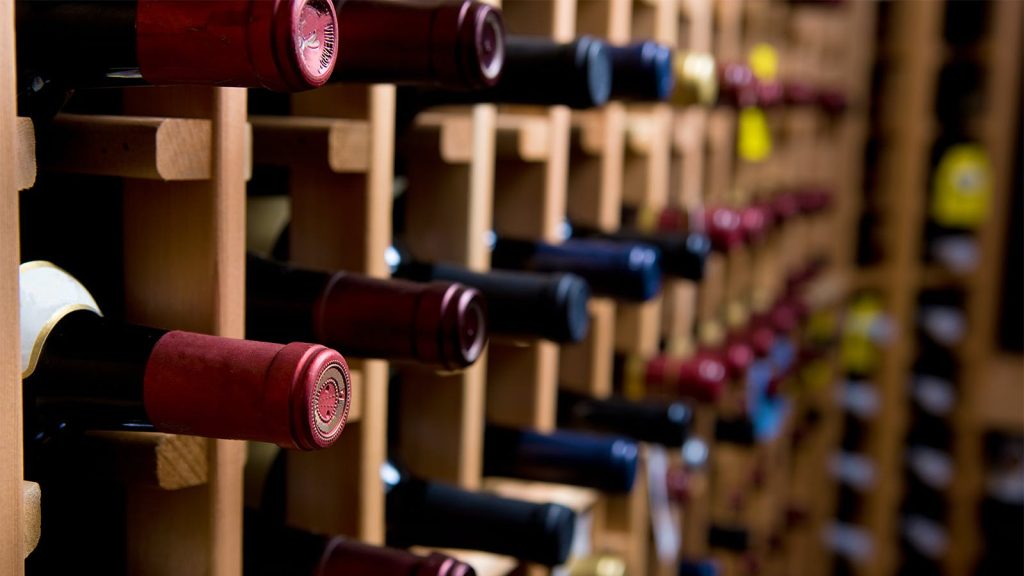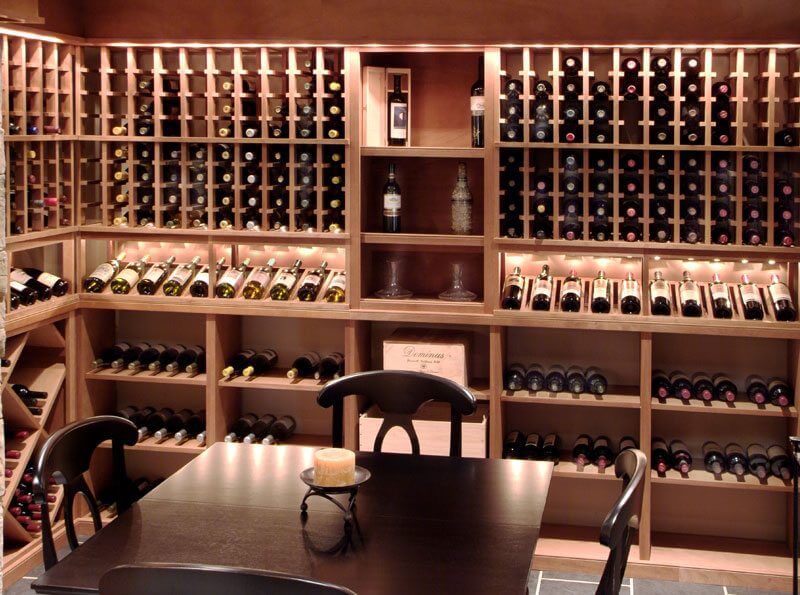What Is the Importance of Proper Wine Storage?

Do you have any plans to develop a wine collection? Or have you splurged on a bottle of good wine that you only intend to open on a special occasion? In either scenario, knowing how to keep it effectively is critical. Those that collect fine alcohol do it as a form of investment. A well-preserved and aged bottle can help you make a lot of money. If you’re storing it for a special occasion, on the other hand, before you open it, it’s the last thing you want to lose its flavour.
Wine storage is an art form. You can’t just put a bottle on a shelf and forget about it for years, hoping it would taste better than the day you bought it. You must look after it and ensure it is kept in the appropriate environment. Here are a few examples of how properly keeping your wines may make a major difference.
Positioning It Properly

The first inclination when keeping wines, whether a bottle of water, oil, or vino, is to stand it vertically. It’s easy to do, takes up less room, and there’s no risk of the bottle rolling over. However, contrary to popular perception, you should avoid keeping them vertically when it comes to corked bottles. Even something as basic as holding the bottle vertically upright will cause it to degrade. The cork can dry out and oxygenate when you store the bottle vertically.
Keeping It At The Correct Humidity
While humidity may not affect the bottle because it is sealed, it might cause the wine to rot. If the humidity is too minimal, the cork may dry up, resulting in oxygenation. If the humidity is too high, the labels may peel off, making it difficult to identify the bottle and making it nearly impossible to sell. WineCellarHQ recommends employing a vapour barrier and installing a temperature and humidity gauge to ensure that your special vino is properly protected. A vapour barrier will assist keep the carefully controlled environment inside a cellar safe from the outside world. In contrast, a temperature and humidity gauge will keep track of it at all times.
Limiting The Light

The amino acids in the wine can oxidise when exposed to sunlight, changing the flavour. As a result, it is critical to keep light exposure to a bare minimum. This is true not only for sunlight but also for light emitted by lamps. It is frequently stored in clear bottles, so the white variant is highly sensitive to light.
A bottle that has been opened must be corked properly!
When a sealed bottle is kept for a long time, it is usually done to keep the taste or even improve it. Naturally, the purpose of storing an opened bottle would be different. When you store an opened bottle, you’re planning to drink it within the next few days. If you’ve already opened a bottle, how thoroughly you re-cork will determine how well it tastes over the next few days. Before re-corking, wrap the cork with wax paper if it is still in good shape.
As a result, it will be less likely to shatter and fall into it. A rubber stopper should be used if the cork is beyond repair. They’re easy to find in stores and make a nice substitute. This can extend the shelf life of an opened bottle by three to four days.
Maintaining a Comfortable Temperature.
It’s a sure-fire way to damage that priceless bottle of yours if the storage place isn’t kept at the proper temperature. The temperature is the most important factor to consider. Wine is a fickle creature when it comes to temperature. A very cold temperature may cause it to freeze, whereas a very hot temperature may hasten the ageing process. Furthermore, repeated temperature changes may impair the cork’s fit, causing the liquid to leak or expose it to air. As a result, keeping the proper temperature can make a significant difference in preserving the flavor. The recommended temperature for storing your wine is usually specified on the label and is often approximately 13 degrees Celsius.
Stay Clear Of The Kitchen
Wine bottles should never be kept in the kitchen. Apart from the temperature and humidity in the kitchen, which are not ideal, the aromas in the kitchen can also affect the taste. Cork, commonly used in wine bottles, is porous by nature, allowing the wine within to breathe. Strong scents in the storage environment, such as those found in food, might detract from the product’s flavour. In reality, you should avoid storing wine in any room with a strong odour, such as the cellar, not only in the kitchen.
The way you store your wines can have a huge impact on how long they last and how well they taste. The storage conditions must be ideal for long-term storage to preserve the flavour’s longevity. Everything from the temperature to the humidity, the odour to the lighting, and even the bottle’s placement can impact.
Although your fridge may provide a controlled environment in terms of temperature and humidity, the vibrations will influence the sediments inside, causing unwanted results. Even after you’ve opened a bottle, how you re-cork might have an impact on how long it lasts. After correctly corking the bottle, you’ll be able to enjoy your favourite drink for several days after it’s been opened. If you’re serious about collecting and storing wine, a cellar is a wise investment.











